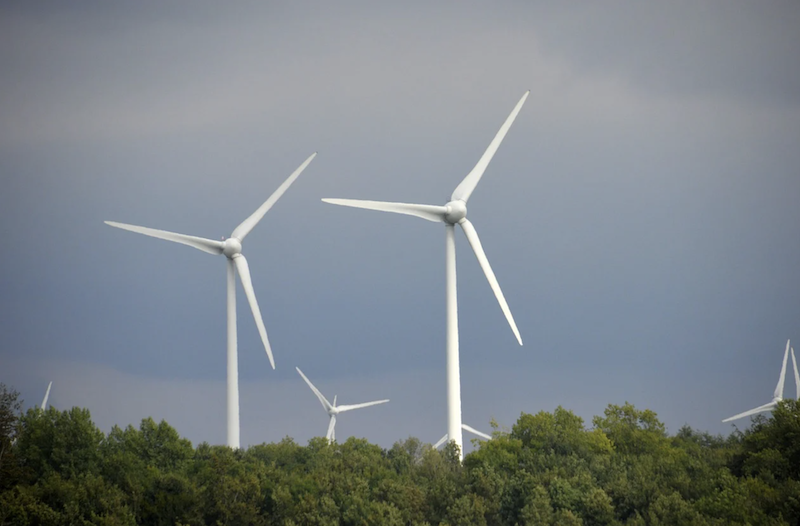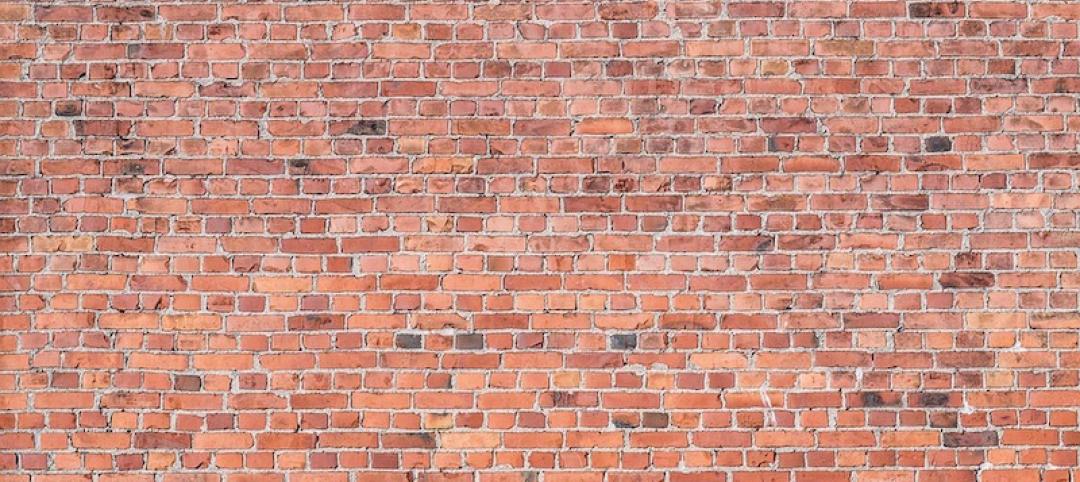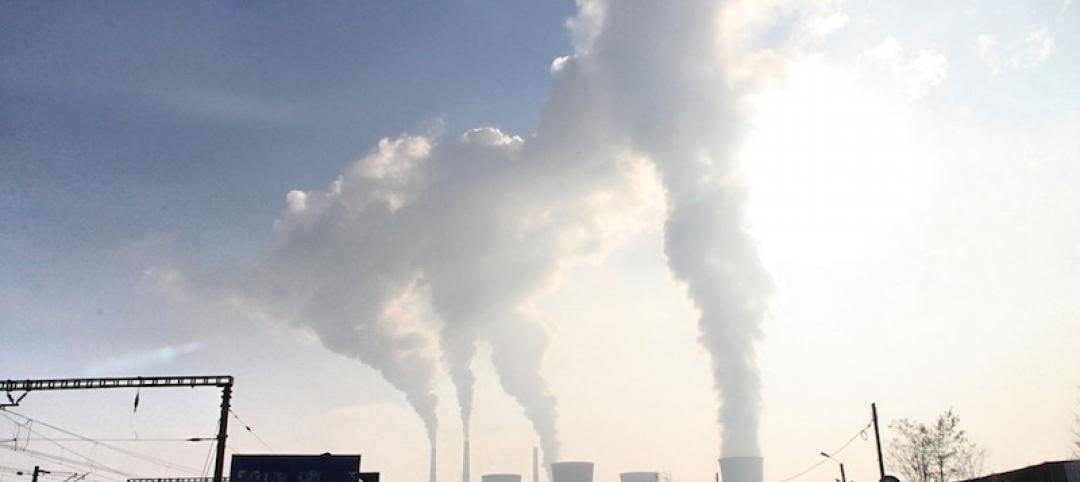The U.S. electric grid is making significant progress to zero-carbon status, according to a report from the Lawrence Berkeley National Laboratory.
Greenhouse-gas emissions from the electricity sector last year were 52% lower in 2020 than the U.S. Energy Information Administration predicted they would be back in 2005, the report says. Power-sector emissions fell 40% from 2005 to 2020, with much of the drop driven by cheap natural gas supplanting coal as the dominant fuel for U.S. power plants.
Further emissions cuts will require greater adoption of clean technologies such as energy storage, and that is achievable with the declining cost of solar and wind power generation, and battery storage, the report says. Low-carbon resources could reliably meet as much as 70%–90% of power supply needs at low incremental cost.
Other sectors, including the built environment, have made less progress in cutting emissions. Residential building emissions declined 29% from 2005 to 2020. Commercial building emissions dipped 32% during the same period.
Grid-interactive efficient buildings could help to make the grid more efficient by reducing the need for new supply and delivery infrastructure and providing another form of demand flexibility.
Related Stories
Codes and Standards | Mar 21, 2019
New York City contractors adding 5% to 10% to construction costs due to trade war
Tariffs on steel, aluminum, and other materials swell budgets.
Codes and Standards | Mar 20, 2019
Codes organizations to develop new guidelines on shipping containers as building components
Intl. Code Council and Modular Building Institute combine forces.
Codes and Standards | Mar 19, 2019
Plan for transformation of Lower Manhattan streetscapes unveiled
Pedestrian-friendly “Slow Streets” pilot starts on Earth Day 2019.
Codes and Standards | Mar 15, 2019
Newly developed building materials could have big impact on sustainability
Transparent wood, self-cooling walls, bricks that filter air pollutants among the technological breakthroughs.
Codes and Standards | Mar 14, 2019
U.S. and Canada differ on how to evaluate field performance of windows, curtain walls
Variations include laboratory test method for determining rate of air leakage.
Codes and Standards | Mar 13, 2019
Climate change can’t be stabilized without addressing urban sprawl
Even if power goes green, transportation will still be a major emissions source.
Codes and Standards | Mar 12, 2019
Virginia county hones new rainwater harvesting standard
Developer prompts new rules to use rainwater for heating and air conditioning.
Codes and Standards | Mar 8, 2019
Portland delays requirement for posted warnings on unreinforced brick and stone buildings
Regulation would mandate signs warning that buildings could be unsafe during earthquakes.
Codes and Standards | Mar 7, 2019
California will allow flame retardant-free building insulation
State also repeals business furniture flammability standard.
Codes and Standards | Mar 6, 2019
Sixty six construction companies cited for wage theft violations in Massachusetts
Penalties total $2.7 million.

















